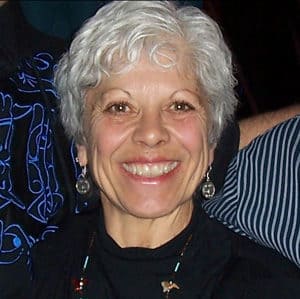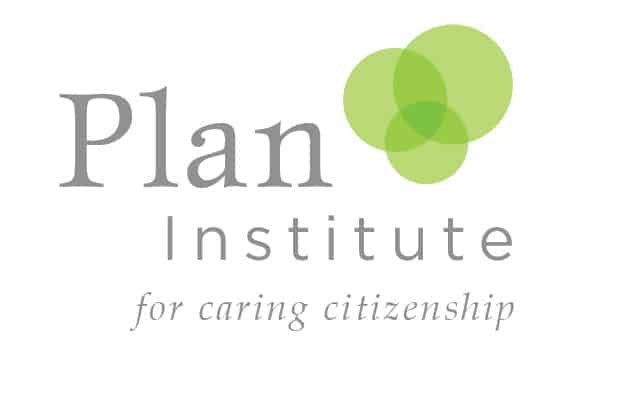By Cathy Anthony
 Is your cup half full or half empty?
Is your cup half full or half empty?
I think most of us are familiar with the saying “Is your cup half full or half empty?”. This typically relates to whether we see things in a positive or a negative light. Yet, I often hear caregivers say “my cup is empty” referring to the experience of feeling depleted.
Caregiving is a role that most all of us will play at some point in our lives. When you have a family member, whether a child or an adult, who lives with the challenges of extra support considerations due to having a disability, injury, illness or aging related support issues, you may be in a role you never anticipated. You may also be a caregiver to numerous people at one time, which is often referred to as the “sandwich generation” – especially if you have an adult child with a disability and you are supporting your aging parents.
Caregiving is not always an easy role or one with thanks, but it is a role that should be one of love.
Most of my life I have been a caregiver
As a teen with a single mother who had some significant health needs, I felt called upon at times to care for her and my younger brother. I learned early to be a caregiver and that became my role and pattern through most of my life. I always took the second seat which lead to a need to eventually do a lot of learning about myself.
When my son was very young and diagnosed with complex health and disability related needs, I still felt I had to do it all – I had a young daughter, a husband, work outside the home, and more, but I still felt I had to do it all. Does this sound somewhat familiar to some of you? What a juggling act.
The Sandwich Generation
When my son was in his early 20’s, his care and support needs were significant. And then a time came when my parents were aging and also had health needs. Like many, I entered the sandwich generation of life caring. For me, I called it the “clubhouse” experience, as I was now supporting my son, my mom and husband who both had terminal cancer, my step dad with early signs of dementia – and I felt there was no time for me. I just did what I thought I had to do, but that didn’t involve looking after myself – I never even consciously thought about how to, let alone ask for and receive help when offered.
Friends and family would say, “your amazing – how do you do it?”, but I was not amazing – I was hanging on by a thread. My cup was getting pretty empty.
One thing I was – or thought I was – was a good caring caregiver. We usually are doing the best we can, with what we know at the time. But was I really doing my best by feeling pulled in every direction, having my cup drain more and more?
Sometimes we might feel or think things like: there’s no time; it’s selfish to do things for myself; I’ll be letting someone down if I say no, or any number of reasons we neglect to care for ourselves and to fill our own cup up.
Put your oxygen mask on first
Thankfully, I had a very supportive circle of friends and professionals who helped me realize that if I wasn’t replenishing my own cup – engaging in some level of self-care – in reality I was not going to be fully engaged for others when they needed me. I was also reminded of what we’re always told on an airplane flight – to always put your oxygen mask on first so you are able to help the others you are with.
If at this time you don’t feel you can give the gift of self-care to yourself, think of it as a gift to those you care for. Both of you will benefit from you being in a more rested, replenished, healthy and positive place. If we are in a space as caregivers, with our cups full, we’ll be able to honestly feel and say to those we care for and love – helping to care and support you is truly an honour, privilege and joy to me.
So, the lesson here is be good to yourself. Find ways to fill your cup. There are so many good articles and strategies and tips for caregivers out there. You are not alone.
Our dear Vickie Cammack, a co-founder of PLAN and Plan Institute, writes articles on caregiving. Here are a couple:
- A caregiver’s view: Do you see what I see?
- The financial sustainability of our formal care systems depends on family, friends and neighbours, a reality often recognized only by caregivers themselves.
Here are some tips and ideas for refocusing priorities
- when someone’s resting do something restful for yourself
- think about it as not finding the time, but making the time
- spend time with others who nurture your soul and even make you laugh
- connect with others who are caregivers who walk a similar journey
- treat yourself to something special
- find interests that fill your soul
- give yourself some respite – it is said that time off and away is as good as a vacation
If you reside in or around Vancouver, BC, Plan Institute hosts an annual Caregiver Retreat co-hosted by Cathy Anthony. Click here for more details.
 Cathy and her family joined PLAN as young parents, and she truly feels blessed for the journey over the last 32 years which her son Josh has lead her on. What has enriched her has been the connection to families who have been her mentors, guides and supporters.
Cathy and her family joined PLAN as young parents, and she truly feels blessed for the journey over the last 32 years which her son Josh has lead her on. What has enriched her has been the connection to families who have been her mentors, guides and supporters.
**Please note that all views and opinions expressed by contributors should be recognized as theirs alone, and do not necessarily reflect the official policies or position of Plan Institute**
